Poker is a popular card game that has been enjoyed by people for centuries. It's a game of strategy, skill, and luck that can be played in a variety of settings, from casual home games to high-stakes tournaments. If you're new to poker, it may seem daunting at first, but with a little guidance and practice, anyone can learn to play like a pro. In this guide, we'll cover the basics of how to play poker and provide tips and tricks for beginners to get started.
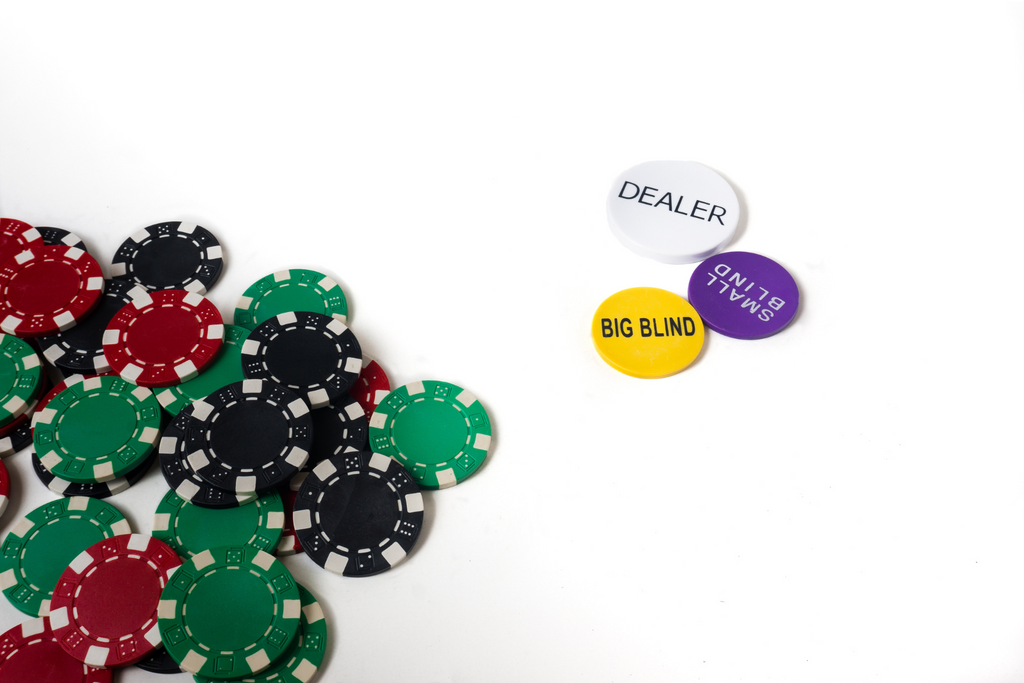
How to Play Poker: The Basics
Poker is a game of betting and hand rankings, where players try to have the highest-ranked hand or force their opponents to fold. There are many different variations of poker, but the most popular is Texas Hold'em.
In Texas Hold'em, each player is dealt two cards face down, called the hole cards, and then five community cards are dealt face up in the middle of the table. The players use their hole cards and the community cards to make the best possible five-card hand.
The game is played in a series of betting rounds, with the first round of betting occurring after the hole cards are dealt. The players can either call (match the current bet), raise (increase the current bet), or fold (give up their hand and exit the game).
After the first round of betting, three community cards are dealt face up in the middle of the table, called the flop. Another round of betting occurs, and then a fourth community card is dealt face up, called the turn. Another round of betting occurs, and then the fifth and final community card is dealt face up, called the river. After the river, there is a final round of betting, and then the players reveal their hands to determine the winner.
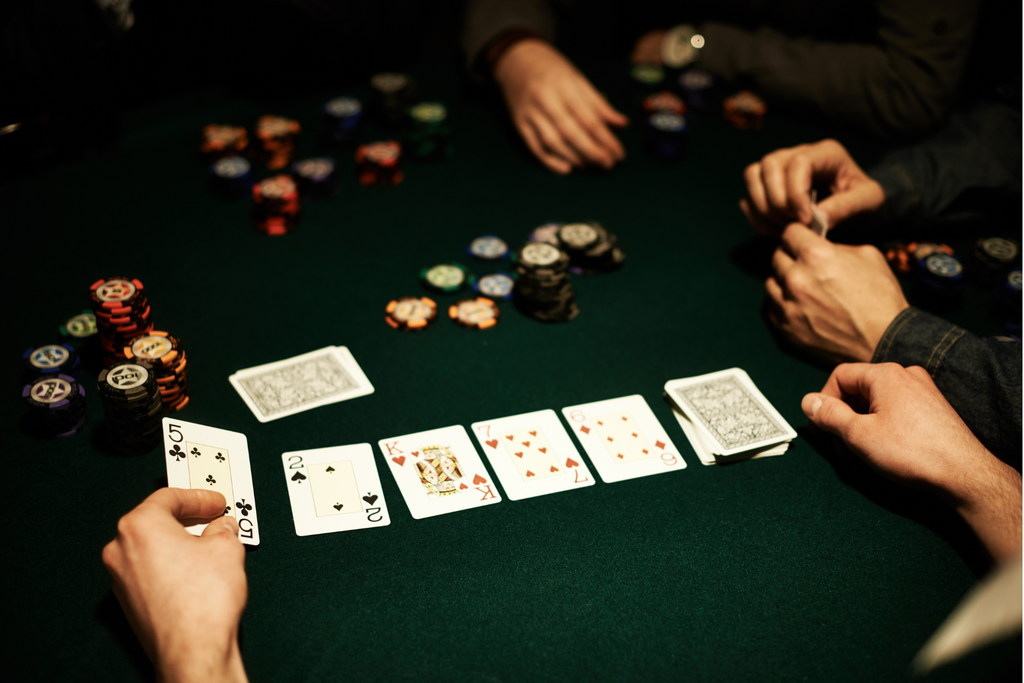
Hand Rankings
To play poker, it's important to understand the hand rankings. The best hand is a royal flush, which consists of a 10, jack, queen, king, and ace all of the same suit. The next best hand is a straight flush, which is any five cards of the same suit in sequential order. The third-best hand is four of a kind, followed by a full house, which is three of a kind plus a pair.
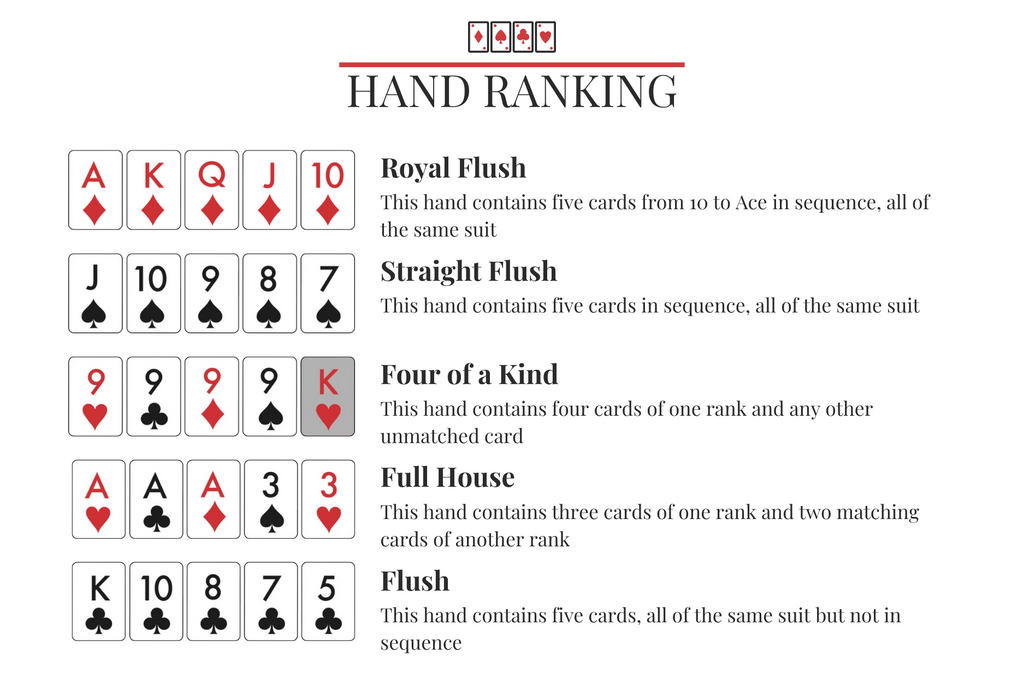
The next best hands are a flush, straight, three of a kind, two pair, and a pair. The worst hand is a high card, which is when a player has no matching cards and the highest card in their hand is used to determine the winner.
Tips and Tricks for Beginners
If you're new to poker, there are a few tips and tricks you can use to improve your game. Here are some of our top suggestions:
-
Learn the rules: It's important to understand the basic rules of the game before you start playing. Take some time to read up on the hand rankings, the different types of bets, and how the betting rounds work.
-
Practice: The more you play, the better you'll get. Consider playing in low-stakes games or with friends to get some practice before you start playing in higher-stakes games.
-
Pay attention to your opponents: Watch how your opponents play and try to pick up on their tendencies. This can help you make better decisions when it comes to betting and deciding whether to fold or call.
-
Don't be afraid to fold: Sometimes, the best decision is to fold your hand and wait for a better opportunity. Don't be afraid to fold if you don't have a strong hand or if the betting gets too high.
-
Manage your bankroll: It's important to set a budget for how much you're willing to spend on poker and to stick to it. Don't chase losses by continuing to play when you're on a losing streak, and don't get carried away and bet more than you can afford.
- Poker requires concentration and focus, so try to avoid distractions when you're playing. Don't play when you're tired or distracted, and avoid playing when you're under the influence of drugs or alcohol.
-
Stay focused: Poker requires concentration and focus, so try to avoid distractions when you're playing. Don't play when you're tired or distracted, and avoid playing when you're under the influence of drugs or alcohol.
-
Bluff strategically: Bluffing is a key part of poker, but it's important to do it strategically. Don't bluff too often or too recklessly, as this can lead to you being caught out and losing chips.
-
Take breaks: Poker can be mentally taxing, so it's important to take breaks and give yourself time to recharge. Stand up, stretch, and take a few deep breaths to clear your mind.
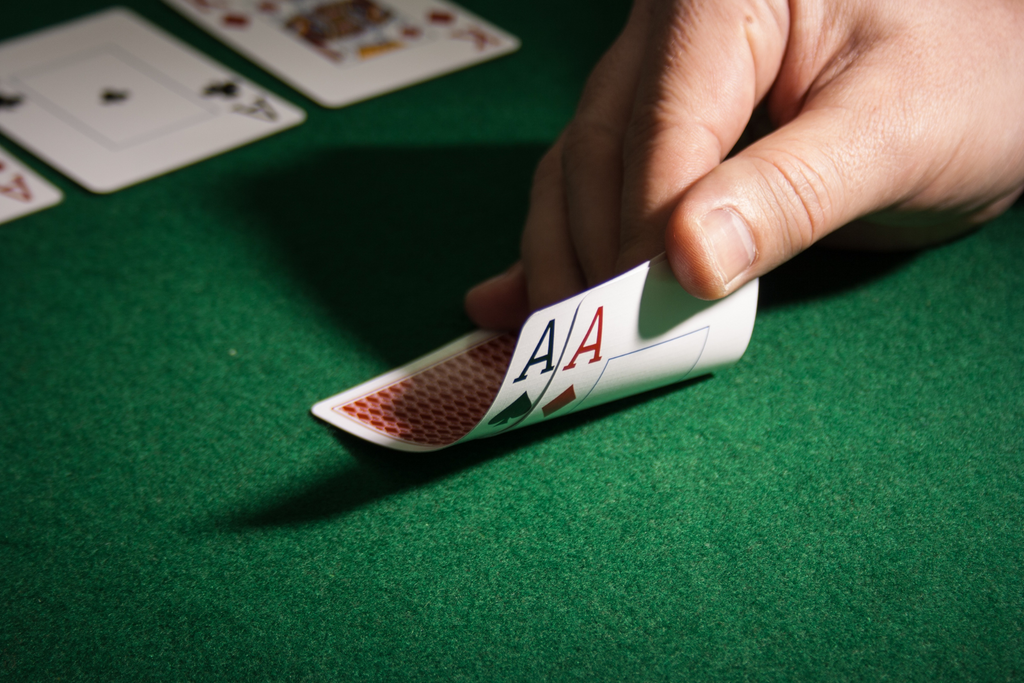
Poker is a complex and challenging game, but with the right mindset and practice, anyone can learn to play like a pro. Keep these tips and tricks in mind as you start your poker journey, and remember to always play responsibly and within your means. Good luck and have fun!

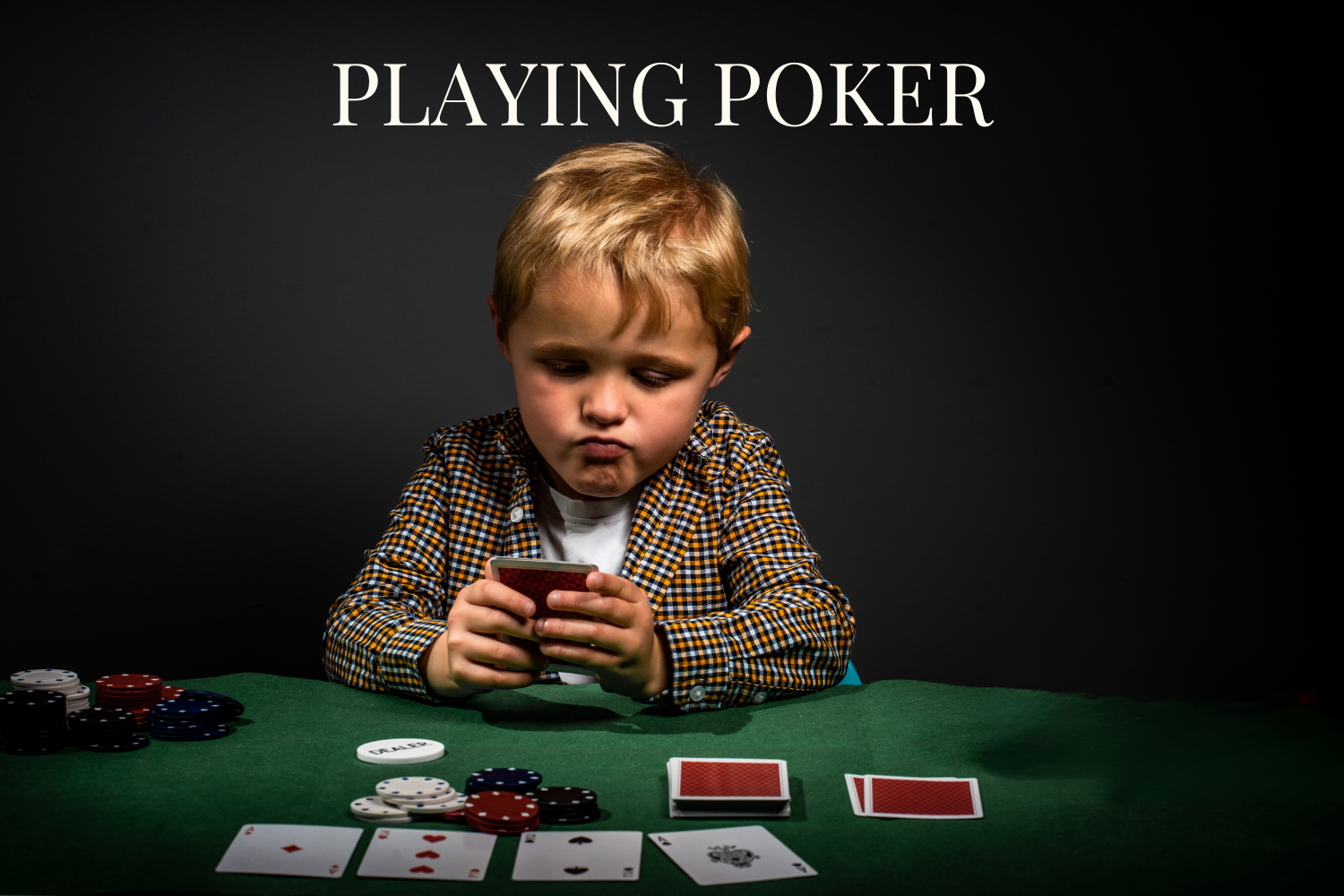





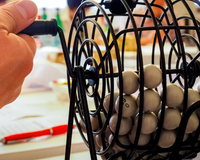
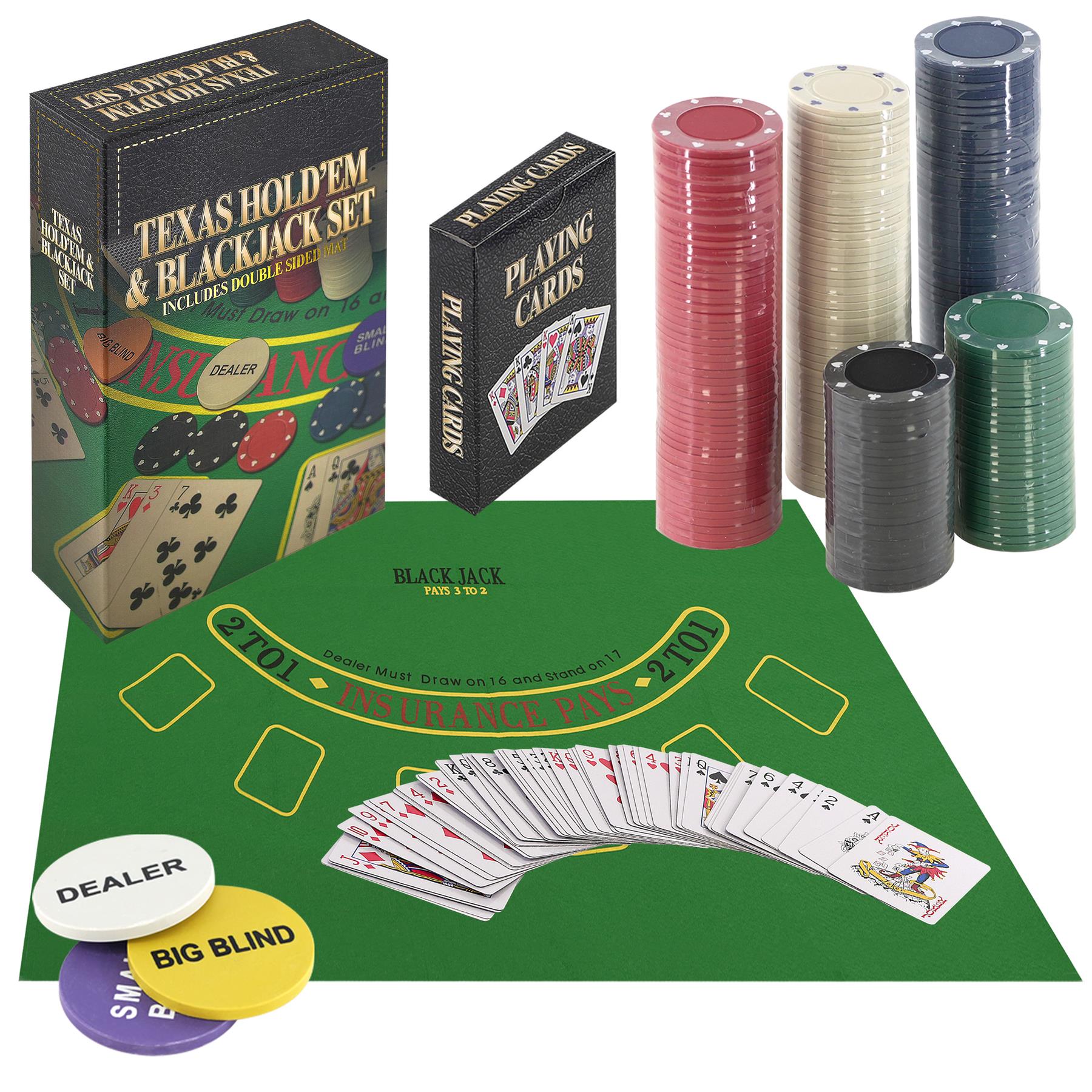
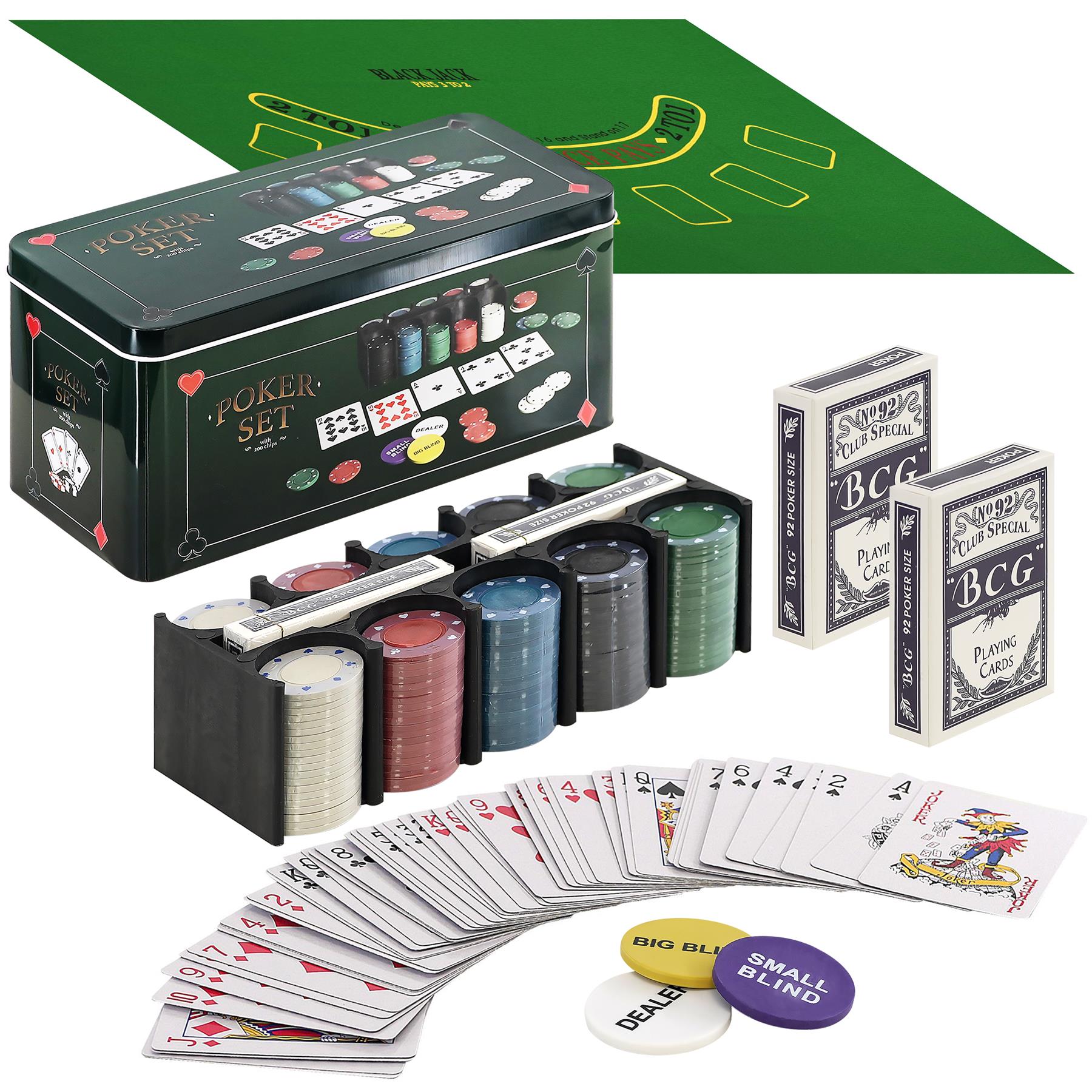
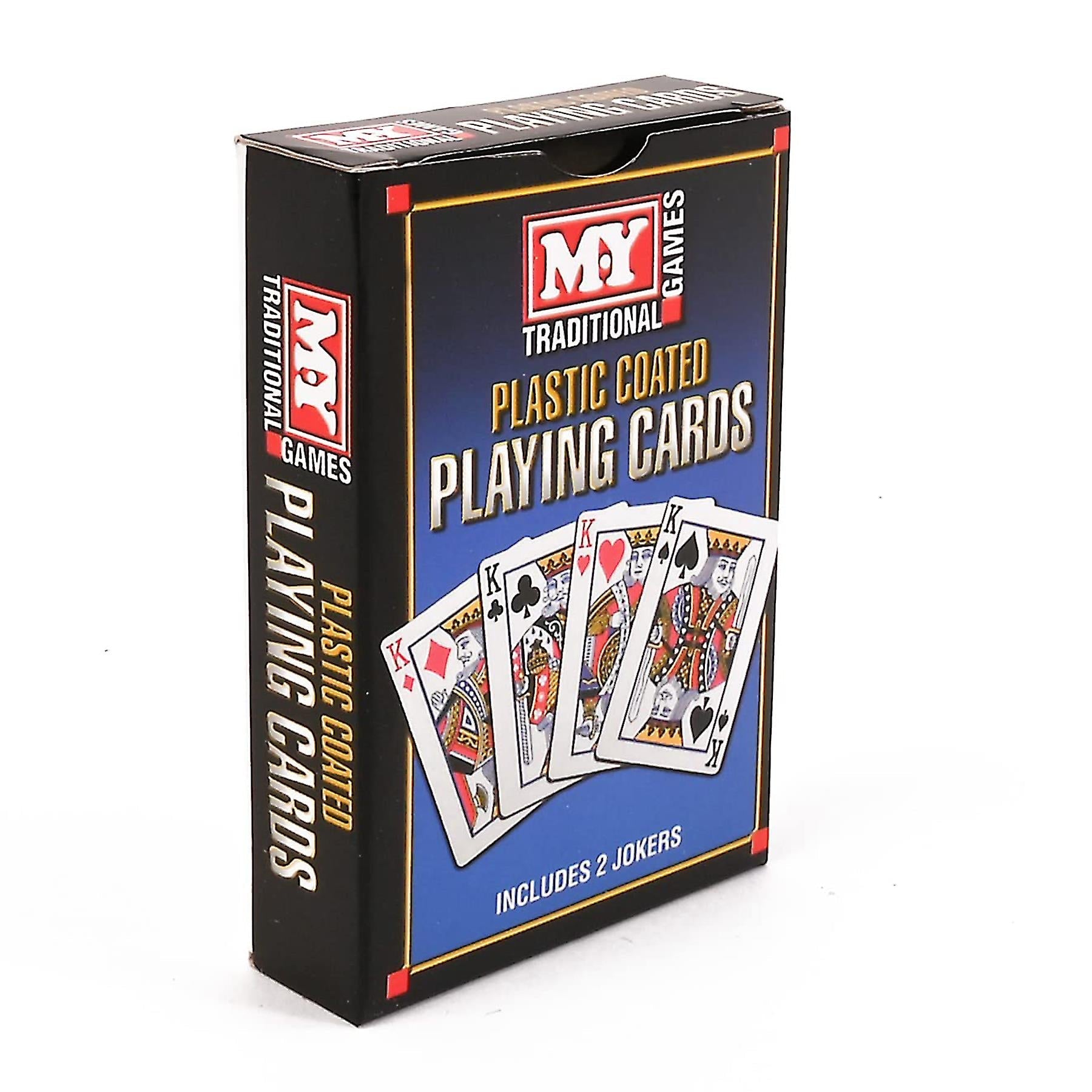
1 comment
Matt
Great guide, my 12 year old son learned to play poker from this.
Now all the kids from our neighbourhood play poker.
Love this